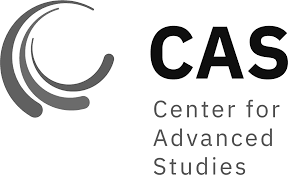


Wednesday, November 13, 2024
Registration - CASCONMichael Harisson, with seven years of experience in designing, developing, and deploying systems that integrate IBM IaaS with core business support systems, delves into the complexities of maintaining reliability, availability, and uptime in evolving software systems. In business-critical environments where companies depend on accurate billing, reliability teams face the immense challenge of managing a vast number of runtime events and the data they generate. These challenges are heightened by constructive competition with development and business teams, where stability often clashes with the demand for new features, all within a shared budget. Michael will share insights into analyzing event data, error triage, and prioritizing issue resolution based on economic impact, offering strategies to navigate these competing demands effectively.
Courtney Cole and Joseph Turcotte lead this session on the essentials of intellectual property (IP) awareness, management, and protection—valuable tools for researchers, innovators, and entrepreneurs aiming to bring their inventions, products, or services to society. Through real-life case studies, they will highlight common IP challenges and mistakes, offering guidance on how to avoid them. Presented by the IP Innovation Clinic and the Office of the VPRI, this session covers steps to identify, protect, and manage IP, as well as the supports offered at York University. Areas to be covered include:
Moshe Mikanovsky leads this session on the essential role of Product Management in reducing risks and ensuring business success when building software products. Building software products at any company is expensive and risky. As software professionals, we know how to reduce feasibility risk and ensure we can build it. As business owners and leaders, we understand how businesses operate, the markets we serve, financing, and running the venture. But who ensures that we solve the right problems and build solutions that address them effectively? In this session, we will explore what Product Management is and how it helps organizations mitigate multiple risks in developing and launching products. Whether you end up working with a Product Manager or not, adopting Product Management principles is key to preventing many common failures in technology development and supporting overall business success.
Wejdene Haouari presents a talk on the crucial role of software reliability and risk management in today’s high-stakes production environments. Through a real-world case study of a production bug that required substantial time and resources to resolve, she examines the limitations of traditional anomaly detection, particularly when system behavior lacks predictable patterns. To address these challenges, she introduces a novel, automated approach that identifies anomalies as repeatable patterns within seemingly random runtime behavior, enabling rapid detection and resolution. This talk underscores the importance of performance data in monitoring system health and demonstrates how automation can enhance software reliability and strengthen risk management strategies.


